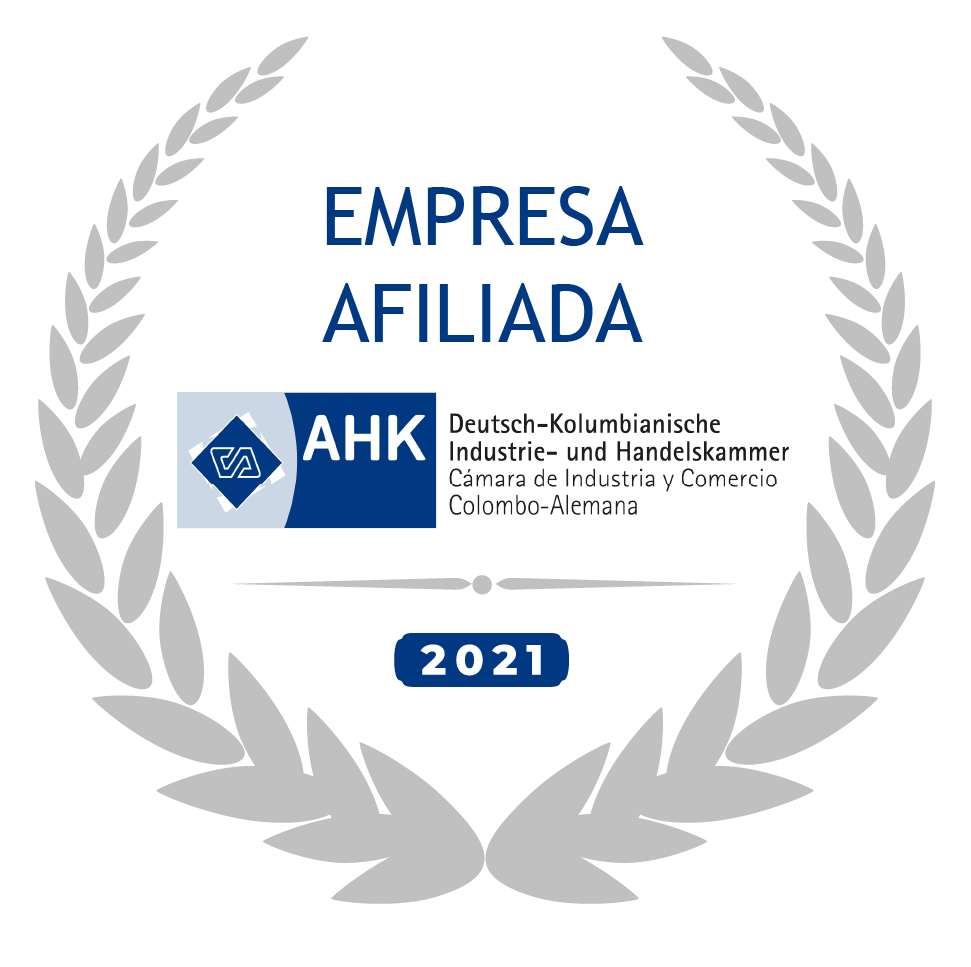Alternative Fees and
Risk Sharing

At Securitas Consulting provides fair treatment to its clients and understands they trust us in order to accomplish their goals.
Thus we have introduced agreements that combine alternative rates and shared risk, therefore making the firm accountable for the potential contingencies of our work. In brief: we bear the costs if we do not achieve expected results, thereby adjusting our interests with those of our clients.
At Securitas Consulting we provide fair treatment to our clients and appreciate that they trust us in order to accomplish their goals. Thus we have introduced agreements that combine alternative rates and shared risk, therefore making the firm accountable for the potential contingencies of our work. In brief: we bear the costs if we do not achieve expected results, thereby adjusting our interests with those of our clients.
Our aim is to meet the needs of those who trust us and ensure our objectives are synchronized. To that end, we implement alternative rates and share the risks associated with the results of our work. Alternative Fees Agreements (AFAs) have led our clients to increasingly turn away from the traditional hourly billing structure and seek to establish arrangements that set out quantifiable objectives, streamlining their goals with ours.
Alternative Fees Agreements
Our premise is to clearly define together with our clients the objectives of the work to be undertaken. Consequently, in most cases traceable outcomes can be set, which we endeavor to achieve based on agreements that include variable rates linked to pre established goals and/or success fees. By sharing the risks associated with the uncertainty of attaining these common goals, we become long-term partners of the companies and organizations that trust us.
Alternative Fees Agreements (AFAs) enable us to define clear objectives, adjust to the requirements and budgets of our clients and set fee caps. As defined in the arrangements, there is a fixed-fee component and a success fee. The latter is subject to the achievement of proposed results. Consequently, bottom line fees are lower than those payable under a traditional scheme, as a given percentage of the fees (sometimes a significant proportion) is linked to the success of our work.
Simply put: if the results are positive, the firm charges the fees associated with this outcome. Otherwise, clients do not have to pay the variable fee component. This scheme is definitely more beneficial to our clients, but it also suits our firm, since we are interested in establishing long-term relationships based on joint achievements.
Examples
Alternative Fees Agreements (AFAs) fulfill the above-mentioned purposes both in the field of legal advice and in the field of occupational health and safety (OH&S). Below are some examples:
- In arbitration, a form of alternative dispute resolution, the firm predetermines a variable fee component contingent on the firm's success in achieving the desired arbitral award for the client. According to this arrangement, we can jointly establish that the client will pay sixty percent (60%) of the usual rate for this sort of legal representation and, consequently, the remaining forty percent (40%) will be subject to the success at the end of the arbitration.
- In proceedings before the Superintendence of Industry and Commerce (SIC: Superintendencia de Industria y Comercio), such as trademark registrations, the firm pre defines success fees, streamlining the interests of our clients with those of the firm, thus ensuring that our team makes its best effort to obtain set results. For example, the trademark registration applications filed by our firm include a fee component that is only payable when the Superintendence has approved the trademark filing. Therefore, up to 30% of the predetermined fees shall be contingent to successfully obtaining the trademark register. Thus, the firm bills the success fee portion only if the trademark register is obtained.
- Occupational Health and Safety Management Systems (OHSMS) are implemented based on quantitative indicators associated with companies’ productivity and efficiency. Our work in this field is aimed at improving metrics for our clients. Examples of the above are a reduction in the frequency rates of work accidents, a decrease in the prevalence of occupational diseases, and the successful intervention of previously identified hazards and risks, etc. AFAs in the context of OH&S enable us to set quantifiable goals according to acceptable ranges, to be jointly established with our clients. Consequently, only when the expected outcomes are achieved, taking into account pre established ranges, the success fees are payable.
